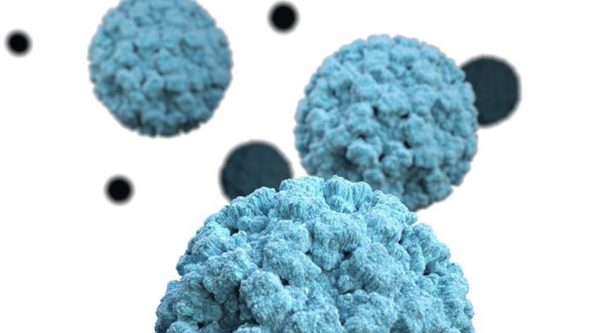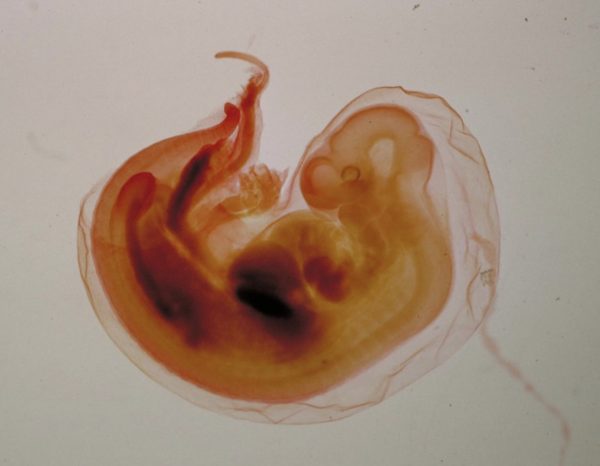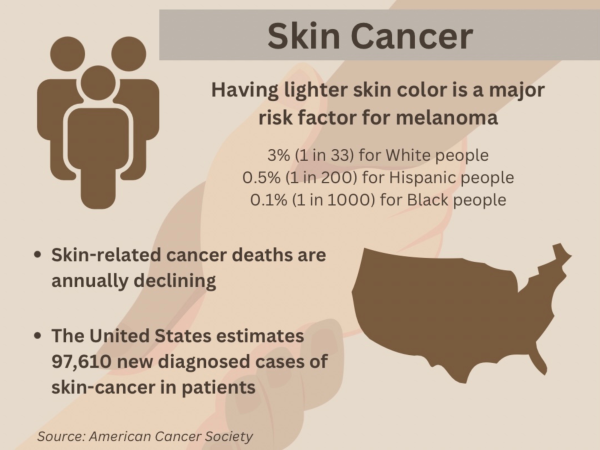Promising new drug to help people plagued by peanut allergy
Those who suffer from peanut allergies may finally find relief in the near future.
Those with severe or moderate peanut allergies will soon be able to breathe easier. A new drug has begun going through trials that has the ability to increase immunity to peanuts for those with allergies, and hopefully save lives.
“I think it’s great,” said chemistry teacher Chasen Mock. “It shows how our research and technology is always improving.”
According to everydayhealth, “More than 3 million people in the United States report having an allergy to peanuts, tree nuts, or both, according to statistics from the American Academy of Allergy Asthma & Immunology. Peanut allergy affects a small population, but it packs a serious punch, causing deadlier anaphylaxis than any other food allergy.”
This number has been rising. At the recent American College of Allergy, Asthma and Immunology (ACAAI) Annual Scientific Meeting, it was reported that peanut allergy in children has increased 21 percent since 2010. With all the dramatic increase of this dangerous allergy, those affected and those related to them, have been raising their voices for a possible cure.
This new treatment for peanut allergies has researchers hoping it will lead to an increase of those immune to the allergy. Studies have been done wherein the test subjects with peanut allergies been exposed to low levels of peanuts in pill form over a duration of six months.
Another group of subjects, also with allergies, is used as a control group, and given a placebo pill. So far, the results are encouraging. While the control group has had more than 80 percent of the subjects react to peanuts at the end of the trial, those with the pill react in only 20 percent of the cases.
More rounds of testing are expected, yet these numbers will be a good place to start. It’s true that there is likely no way to completely cure peanut allergies; however, there are ways to build up an immunity. The goal of this pill isn’t to eradicate the allergy. Instead, it gives the subject a chance to react less severely to small amounts of peanuts, and will hopefully allow for the consumption of peanuts, in small doses.
While it may not seem as though this product is revolutionary, it can truly be life changing to those with severe peanut allergies. While those with the allergy will never be able to enjoy a PB&J, they can go out into the world knowing that they won’t have to worry about accidental contamination.”
Matthew Driskill ’18, who is allergic to strawberries, thinks that the new product will be incredibly helpful. “If I was immune [to my strawberry allergy], I wouldn’t go out and buy a bag full of strawberries. It would be nice to have that option and not fear accidental contamination”
This may also decrease the need for EpiPen renewals. As EpiPen prices have been increasingly dramatically and are necessary for those in danger of anaphylaxis from an allergy. Now, it will be possible for the kids who needed to carry the EpiPen to leave it at home without a worry.
Moving forward, tests for this product will continue. The FDA will need to approve the new therapy, which is far from a given.
According to Mock, “My only concern is that it has to go through a rigorous testing process and the timeline for that can be lengthy. Then, once the human trials have been completed, [the next issue] is affordability. They need to get the drug to those who need it.”
However, for the first time in a while, things are looking up for those with peanut allergies.
Your donation will support the student journalists of ARCHBISHOP RIORDAN HIGH SCHOOL. Your contribution will allow us to cover our annual website hosting costs.













